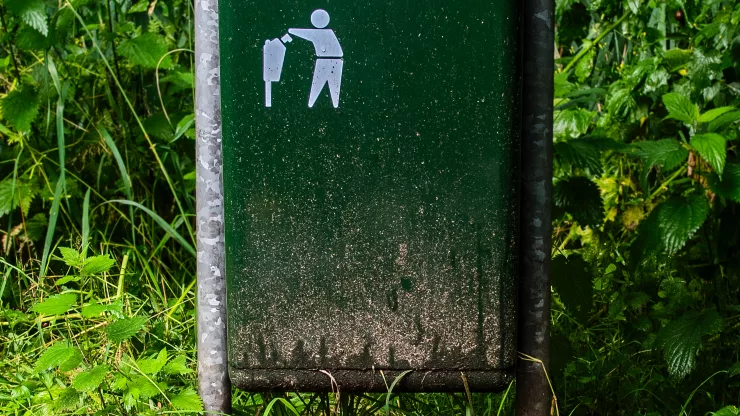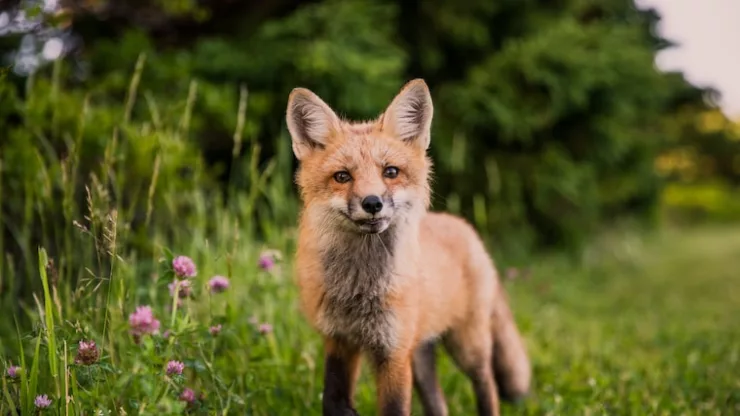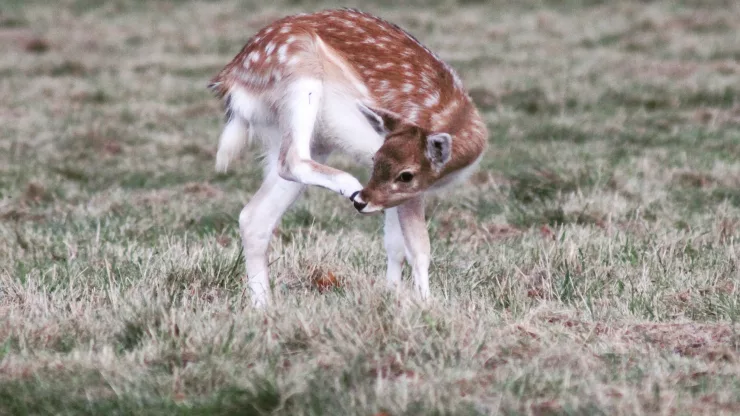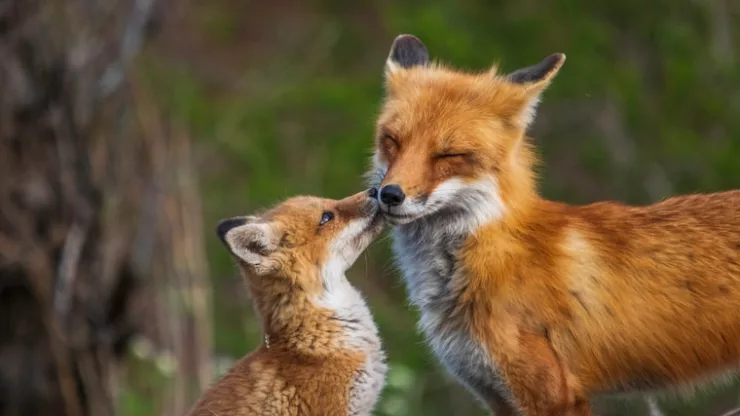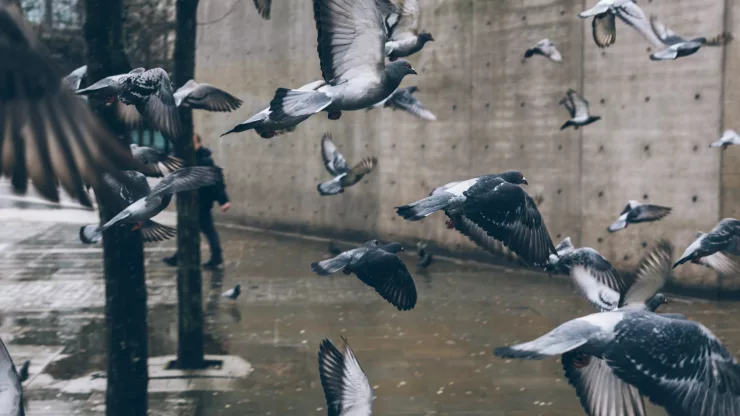Raccoons are fascinating creatures that have adapted well to urban environments. They have become a common sight in many cities, scavenging for food in dumpsters and trash cans.
But did you know that city raccoons have some surprising foodie secrets? In this article, we will explore the diet, habits, and relationship between city raccoons and humans.
Jump to Section
Introduction
Raccoons are known for their distinctive black masks and bushy tails. They are native to North America and are found in forests, wetlands, and urban areas.
Unlike many wild animals, raccoons have adapted well to urbanization and are now a common sight in many cities.
Why City Raccoons are Interesting Creatures
City raccoons are fascinating creatures because of their ability to adapt to the urban environment.
They have become experts at finding food in dumpsters, trash cans, and even fast food restaurants.
They are also nocturnal animals, which means they are most active at night. In this way, they have learned to avoid human contact and thrive in the city.
Raccoons’ Diet
Raccoons are omnivorous creatures, which means they eat both plants and animals.
Their diet varies depending on the season and availability of food.
In the wild, they eat berries, nuts, insects, and small animals like rodents and frogs.
But in the city, their diet has expanded to include some surprising foods.
The Surprising Food Choices of City Raccoons
Junk Food Lovers: Raccoons’ Love for Fast Food
City raccoons have a notorious love for junk food.
They have been known to raid fast food restaurants and eat everything from burgers and fries to pizza and chicken nuggets.
They are also attracted to sugary foods like donuts and candy, which can be found in trash cans and dumpsters.
Omnivorous Creatures: Raccoons’ Varied Diet
Despite their love for junk food, city raccoons still maintain a varied diet. They are known to eat fruits, vegetables, and even nuts.
They also hunt small animals like rodents and birds when they can find them.
The Impact of Urbanization on Raccoons’ Diet
Urbanization has had a significant impact on raccoons’ diet. As natural habitats are destroyed or altered, raccoons have had to adapt to new food sources.
This has led to a rise in their population in cities and suburbs.
The Secret Life of City Raccoons
City raccoons are nocturnal animals, which means they are most active at night. They have adapted well to the urban environment and have developed some interesting habits.
The Nocturnal Habits of City Raccoons
The Reason Why Raccoons are Nocturnal
Raccoons are nocturnal animals because it helps them avoid predators and compete for food.
They are most active at night when other animals are sleeping, which gives them an advantage.
How Raccoons Adapt to the Urban Environment
City raccoons have adapted well to the urban environment by becoming experts at finding food in dumpsters and trash cans.
They are also able to climb buildings and jump from rooftop to rooftop, which helps them avoid danger.
The Noisy Nights of City Raccoons
If you live in a city, you may have heard the sounds of raccoons at night.
They are known for their loud chattering and growling, which can be heard from a distance.
This is their way of communicating with each other and establishing dominance.
The Relationship Between City Raccoons and Humans
City raccoons have a love-hate relationship with humans. While they are fascinating creatures to observe, they can also cause problems for homeowners and businesses.
The Love-Hate Relationship Between City Dwellers and Raccoons
The Negative Perception of Raccoons
Many people view raccoons as pests because they can cause damage to property and spread diseases. They are also known to be aggressive if they feel threatened.
Raccoons’ Positive Impact on the Ecosystem
Despite their negative reputation, raccoons play an important role in the ecosystem. They help control the population of small animals like rodents and insects.
They also help distribute seeds and nutrients by eating fruits and nuts.
Tips for Coexisting with City Raccoons
If you live in a city with raccoons, there are some things you can do to coexist with them.
Keep your trash cans and dumpsters secure to prevent them from raiding them.
Don’t leave pet food outside, and keep your pets indoors at night. If you encounter a raccoon, give it space and don’t approach it.
Conclusion
City raccoons are fascinating creatures that have adapted well to the urban environment. They have a varied diet and some surprising foodie secrets.
They are also nocturnal animals with interesting habits and a love-hate relationship with humans.
FAQ
Are raccoons dangerous?
Raccoons can be dangerous if they feel threatened or cornered. They are known to be aggressive and can carry diseases like rabies.
What should I do if I encounter a raccoon?
If you encounter a raccoon, give it space and don’t approach it. Raccoons are wild animals and should be treated with caution.
How can I prevent raccoons from raiding my trash cans?
To prevent raccoons from raiding your trash cans, keep them secure with a tight-fitting lid or bungee cord. Don’t leave food outside, and don’t feed raccoons.
I’m a nature enthusiast and creator of Metro Wilds and have spent years exploring the great outdoors.
With a passion for environmental conservation and sustainability, I have dedicated my career to writing about the beauty and wonders of nature, as well as the threats facing our planet.
Contact me at [email protected] for assistance.

